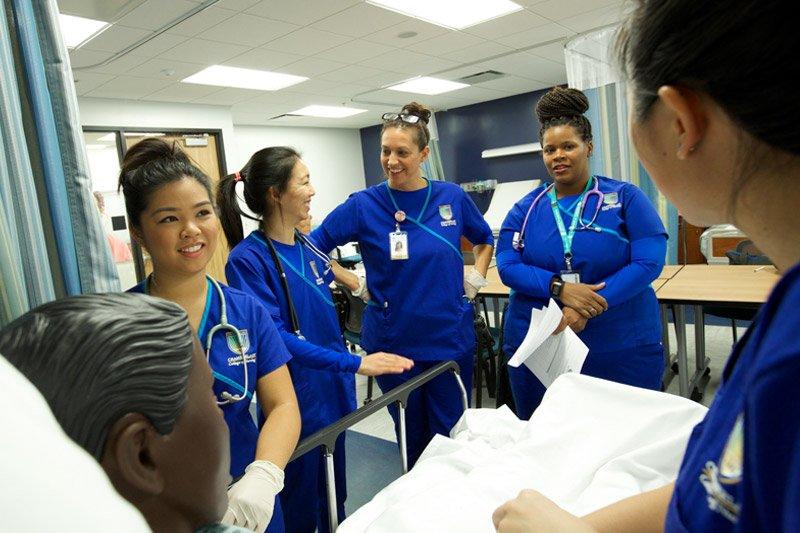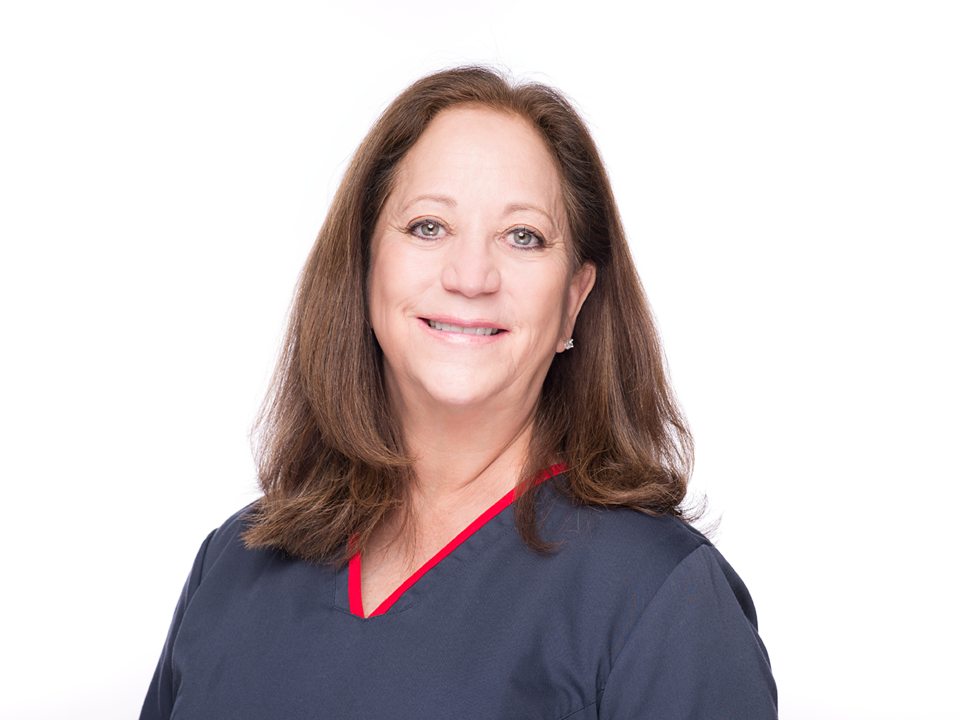Featured
Tags
Share

Pursuing your Master of Science in Nursing (MSN) shows a great deal of commitment to your education and to the level of care you want to deliver to your patients. That commitment is perhaps best illustrated by the practicum you’ll take part in at the end of your coursework.
A nursing practicum is the live application of your nursing knowledge and skills in real-life situations and events. After all your graduate courses have been completed, you’re able to bring your abilities to bear and complete activities which support you in producing your professional portfolio.
A good practicum has four components: learning objectives, place, person and time.
Learning Objectives
When preparing for your practicum, start early and begin with your learning objectives. Write a list of specific skills, competencies and activities you want to address during your practicum. This list can guide you in finding the right place and person. Have this list with you when you discuss practicum opportunities.
At the beginning of your practicum course, you will write a learning agreement that includes your learning objectives. It can be helpful to spend time thinking about your learning needs early in your preparation.
Place
Place is the location or site of your practicum. Start looking at your current work place. You may find a unit or department there that meets your learning needs. This can be ideal, as you know the commuting challenges, the organization and the culture.
Don’t limit yourself to just your work place, though. The practicum can be an opportunity to explore new locations and organizations.
For example, if you have been teaching in a staff-development setting, you may want to try teaching in an associate degree program. An executive student working in an acute-care hospital might look to connect with a home-health organization. Students in the Nursing Informatics specialty track can look at a wide variety of settings: acute care, nursing homes, home health, information technology consultants and vendors, and so on. Health policy settings are diverse as well, ranging from hospitals to non-profit and professional organizations to local, state, and federal offices.
Person (Mentor)
Your mentor is the primary person in a practicum. A challenge to this process is the frequent need for a contract or other agreement with practicum sites. Both Chamberlain College of Nursing and potential practicum sites have requirements related to practicum experiences. Usually, these requirements are similar, or minor differences can be negotiated. Regretfully, sometimes the differences in requirements are major and cannot be altered. In these instances – which are few – a new mentor and a different practicum site must be found.
Sometimes a practicum site has a policy or practice of assigning mentors once an agreement is reached to allow a student to do a practicum. When you find a potential mentor or are assigned a mentor, reach out to that mentor – set up an in-person visit or a telephone appointment. Here, your list of learning needs will be very useful. You also need to bring with you – or send via email – the practicum handbook and the mentor handbook.
Make sure you understand what a mentor is expected to do during the practicum, as most mentors are too busy to read through a handbook. In your talk with the mentor, you will need to summarize those expectations, and you need to explain what you are expected to do. Begin discussing ideas for your practicum project – this project is something that will benefit the host organization and enable you to practice your specialty.
Time
Time is an important component of any practicum. Depending on your chosen MSN specialty track, you will have to accumulate between 100-200 practicum hours. Let’s use the Educator track, which involves a 100 hour practicum, as an example. While 40 hours of this time are allotted to research for your practicum project, you must be engaged with your mentor for a minimum of 60 hours. The nature of that engagement is negotiated between you and the mentor, with the approval of your course instructor.
As you begin your graduate courses, start planning how you will find those 100 hours, especially the 60 hours of practice time. Some students save up vacation or leave time. Some students arrange for unpaid leave. Some arrange their work schedules so they are off duty for scheduled practicum time. An important point – you are expected to be available at the dates/times negotiated with your mentor.
Remember, start thinking about your practicum early in your graduate program. Early efforts will help this to be a smooth experience.
If you need help with your practicum, you can refer to the MSN Practicum Handbook for the complete guidelines and procedures, as well as a list of frequently asked questions. If you have more specific questions, you can reach out to the practicum coordinator at ccnmsnpracticum@chamberlain.edu.
By Kathleen Hunter
More from Home
Request More Information
To receive the Chamberlain University Program Guide, including associated career paths, please select a program of study.






